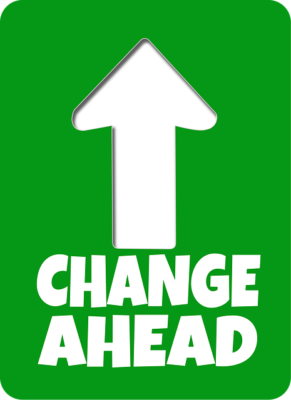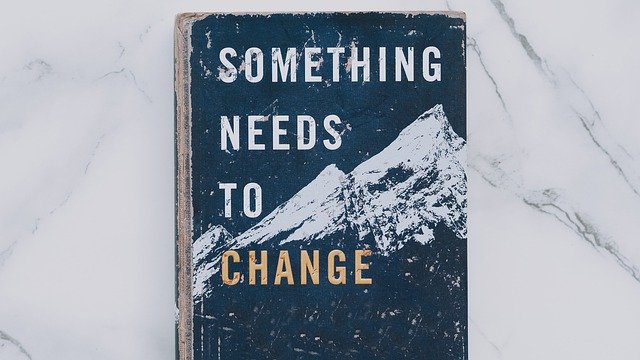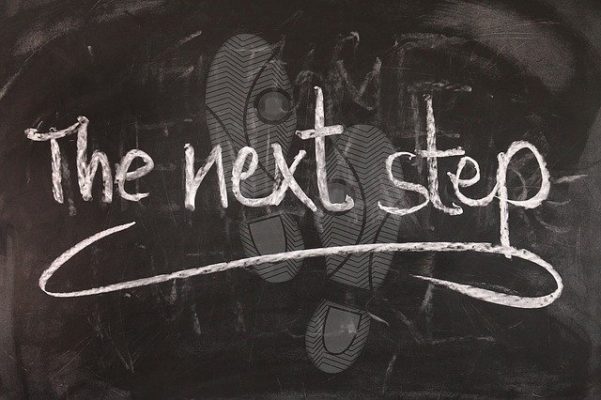Personal growth, Setting goals
Making changes to reactions and behaviours
We have the ability to change our thoughts to react in a different way to situations that we experience. This can be easier said than done though, especially if you have created a pattern of reactions and behaviour over a span of years which is your automatic reaction. So how do we make changes to our reactions and behaviours?

How we make changes to reactions and behaviours
The first step is to sit with your behaviours and reactions for a moment. Think about what you would like to do differently or change and envisage the outcomes of the changes you can make. Set goals and benchmarks for yourself and view how life will be better if you make these changes. Think ‘What happens if I do change vs. what happens if I do not?’.
It is often that we have created a barrier to change or feel that we may not get support from others if we choose to change our behaviours or habits. It may be useful to write a list of the pros and cons of the change you want to make and then if the negatives are significant work out a solution to how you will overcome each of these obstacles individually. This way even if there are barriers to your change you have set up a plan to work on the items that may prevent your outcomes.
It may be that you drink too much alcohol when you go out with a specific group of friends. The plan may be to advise these friends you wish to drink less when you go out and obtain their support, or alternatively decide to not catch up with these people for a few weeks until you are well on the path of reaching your goal.
Readiness to change behaviours and responses
Next, think about your readiness to change. This may be reflected in the list you have created as pros or positives to the outcomes of your change, however if the time is not right then you may decide to postpone the changes until the time is better.
I am not saying to procrastinate indefinitely, but if you want to stop smoking for example but know you have a stressful event or party this weekend then maybe it is best to set your time frame to commence your change to start on Monday. This will give yourself a higher probability to obtain a positive outcome.

Be kind to yourself
Following on from this, be kind to yourself. It may be that you can not implement a huge change right away. Be satisfied with your small successes. If you want to stay calm during an argument with your partner as an overall goal and you manage to do this today but tomorrow or the next day you go back to your old pattern of reaction, that is ok. Reflect afterwards on what was different from the time you reacted the way you would like vs. the time you did not and how you may be better able to work with this awareness next time.
Changing behaviours takes time and practice
Changing behaviour is like anything, it can take practice. None of us are great sports players or musicians right away, we all need to work upon skills development. Often it is ourselves we are most critical of, so take a step back and look at your goal of change and how you have made steps to reach it.
Try to view this from an outsiders perspective or think of the support you would give a friend or family member if you were talking to them about changes – when you are looking from a different perspective it is easier to be less judgemental. It may be useful to keep a journal of your feelings and reactions so you have a tangible progress report for yourself, and often when we write something down it makes it feel more ‘real’.

Enjoy success
Reward yourself for the successes you make. Each little change is a step towards the end goal of long term breaking of habits or patterns. Once you acknowledge you have made a success it is easier to continue the process and you will find yourself overall feeling more positive, not only in the area you may wish to make changes, but in your overall life.
Make sure you have the tools and skills to be able to reach your goal of change. You may need to complete some relaxation exercises, develop tools to remain calm, learn some assertiveness techniques or other alternative behaviours to implement the changes you wish to make. It may be helpful to have a friend or family member who is your mentor – a little like when you have an AA buddy. Someone you can trust to listen and reflect back to you with support, love and no judgement.

I would love to hear from you as to what works and has been sucsessful for you in making changes to your reactions and behaviours. It may be big life changing things, or the smaller everyday ideas that you use to work toward a bigger goal. Let’s be positive and share our stories and celebrate in the ways we are making our lives and the world around us better by our changes in behaviour.

